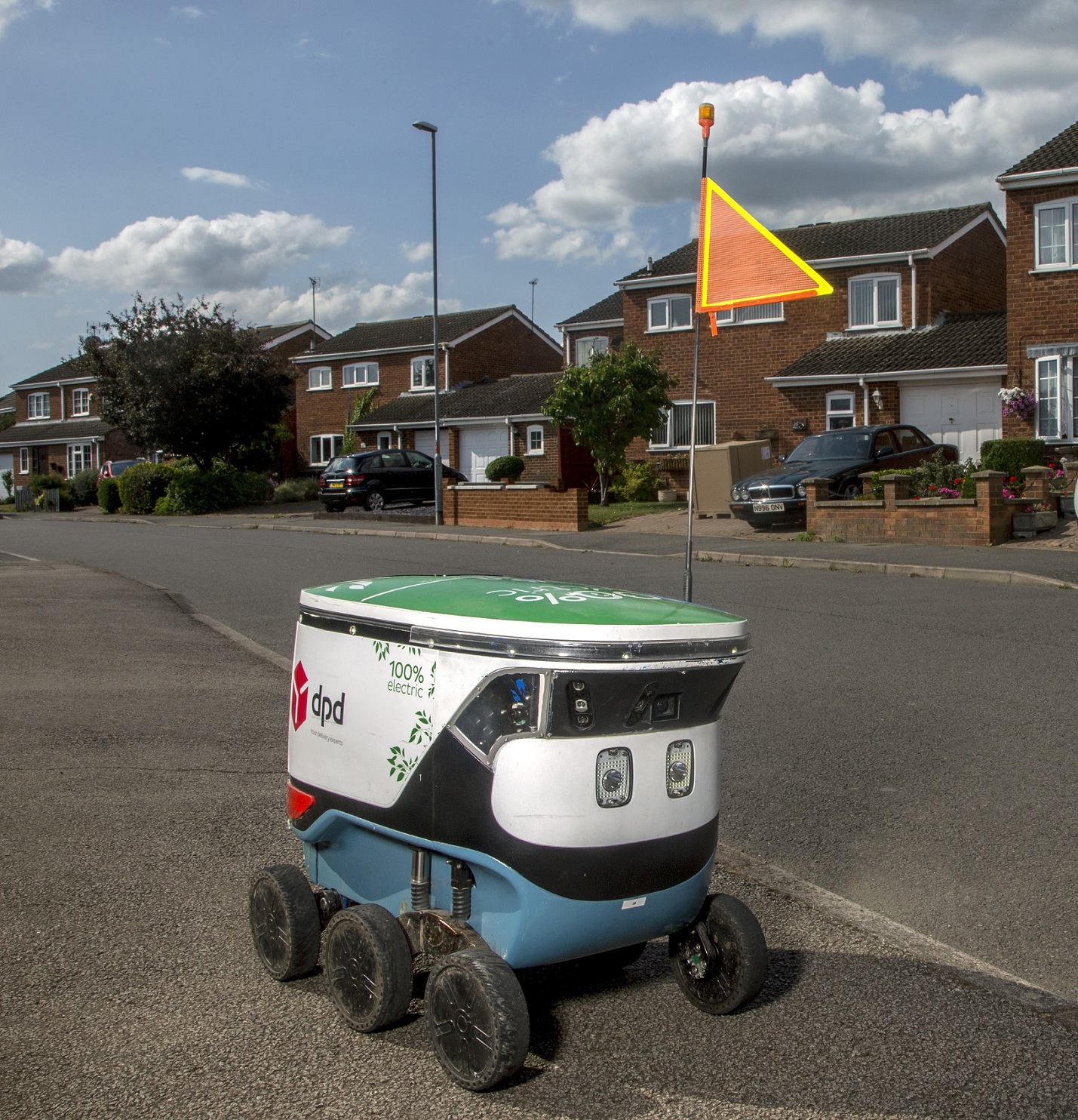Japan may adopt a looser set of rules to regulate artificial intelligence (AI) compared to the European Union.
Speaking to Reuters, an unnamed official said that the country wanted to use the technology to boost its economy and make it a market leader in advanced chips.
Japan is likely to implement rules closer to those of the US rather than the EU, which could hamper the EU’s attempt to establish its rules as a world standard, they said.
The government official did not tell Reuters how Japan’s guidelines on AI would be different from EU rules.
Under new measures, the EU could require companies to declare when they use copyrighted material to train AI technologies.
EU industry chief Thierry Breton is visiting Tokyo this week to promote the EU’s approach to drawing up rules governing AI and further cooperation in semiconductor technology, according to Reuters.
Several organisations have recently raised concerns about the use of AI and large language models, including the Personal Information Protection Commission, Japan’s privacy watchdog, which told OpenAI not to gather sensitive data from users of ChatGPT without its permission.
The commission said that OpenAI should limit the amount of information it collects for machine learning, adding that it may make take action if it has further concerns.
Latest News
-
Intel bets big on 18a with Panther Lake as rivals tout AI gains
-
Nvidia unveils Rubin AI platform and new open models at CES 2026
-
UK government invests £210m in new cyber action plan
-
xAi faces global scrutiny as governments probe sexualised AI
-
Amazon must face historic price gouging class-action lawsuit, US judge rules
-
Samsung to 'double' mobile devices with Galaxy AI to 800m
The future-ready CFO: Driving strategic growth and innovation
This National Technology News webinar sponsored by Sage will explore how CFOs can leverage their unique blend of financial acumen, technological savvy, and strategic mindset to foster cross-functional collaboration and shape overall company direction. Attendees will gain insights into breaking down operational silos, aligning goals across departments like IT, operations, HR, and marketing, and utilising technology to enable real-time data sharing and visibility.
The corporate roadmap to payment excellence: Keeping pace with emerging trends to maximise growth opportunities
In today's rapidly evolving finance and accounting landscape, one of the biggest challenges organisations face is attracting and retaining top talent. As automation and AI revolutionise the profession, finance teams require new skillsets centred on analysis, collaboration, and strategic thinking to drive sustainable competitive advantage.
© 2019 Perspective Publishing Privacy & Cookies








Recent Stories